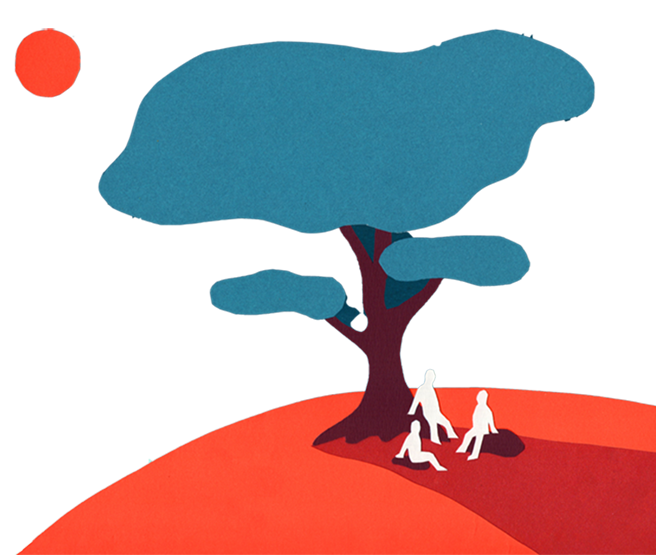The basic idea of ‘humaning’ is to draw the reader’s attention to an extremely interesting human capacity, namely that of relating meaningfully to one’s own activity. People live (verb) their life (noun); they account for what they do. I explain in the book how the fact that we are talking animals, i.e. that we have language, gave rise to this intruiging self-relation. This simple but also deep idea of ‘humaning’ has three important consequences: (1) human beings always live their life under the guidance of an idea of what it is to live a human life; (2) human beings can objectify their ideas about their life as much as they want but they can never fully objectify their activity of living their life; and (3) human beings share their individual lives in their common language, which opens up a common world. With respect to the relation between expertise and common sense the real import of ‘humaning’ is an observation about the division of intellectual labour. Divisions of labour are crucial for human beings, but each one of us has to live his own life. Living one’s life cannot be left over to other people. Even if it would be possible for experts to know much more than we about how we should live to have a happy and satisfying life, this would not help us unless we were able to appropriate their expertise and apply it on our own terms in our own lives. This means that expert knowledge about human life should be locally embedded, individually embodied and practically enacted. It should therefore be a matter of common sense. This metaphor may be useful: no matter how many technically advanced tools experts provide us with, it is fundamentally our own hand that we should be capable of knowing how to use well.
